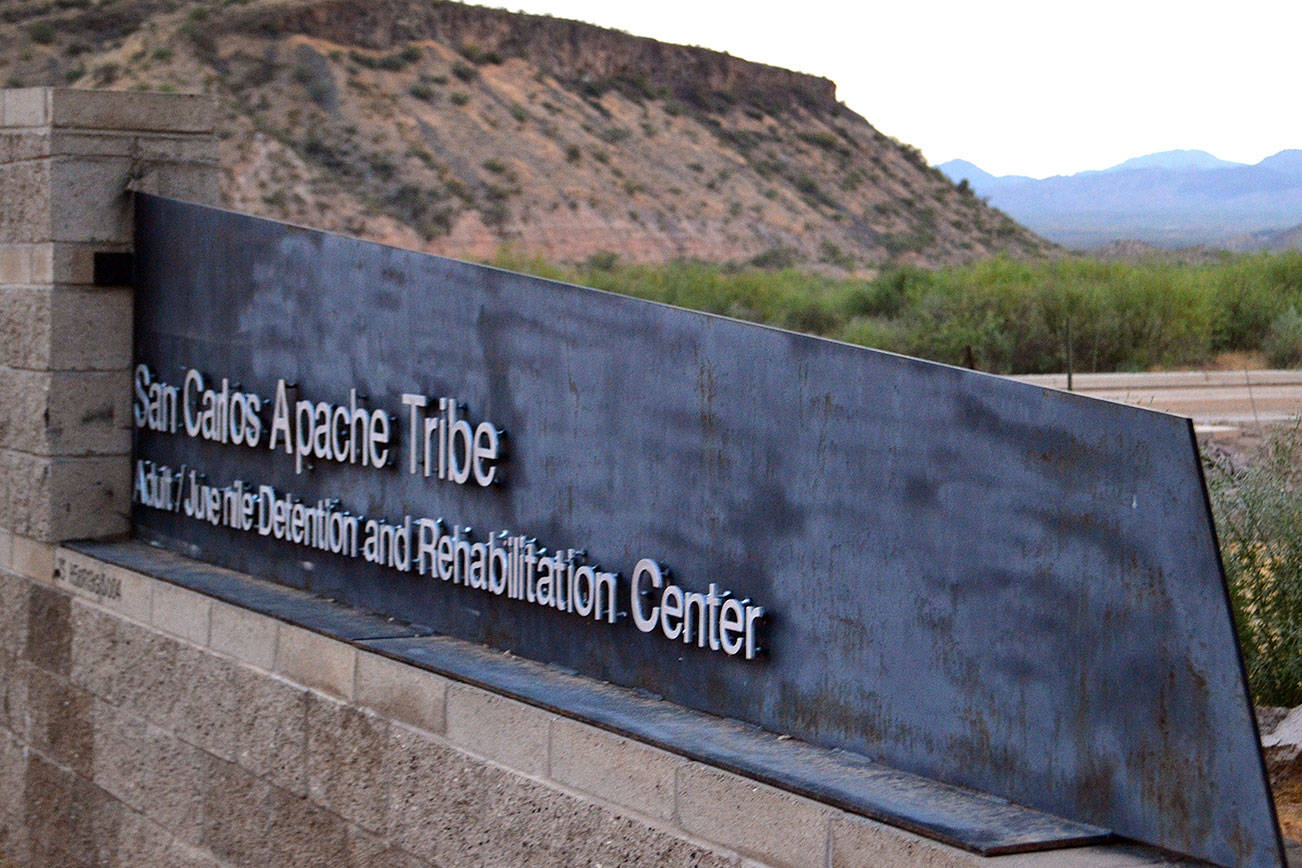
The U.S. Department of Justice recently conducted a survey of jails in Indian Country. The facilities included a total of 82 jails, confinement facilities, detention centers, and other facilities operated by tribal authorities or the Bureau of Indian Affairs.
The report includes data on the number of adults and juveniles held, type of offense, number of persons confined on the last weekday of each month, average daily population, peak population, and admissions in June 2008. It also summarizes rated capacity, facility crowding, and jail staffing. Trend data from 2000 to 2008 on facilities in the surveys are included.
Highlights include the following:
- The number of inmates admitted into Indian country jails during June 2008 was about 6 times the size of the average daily population;
- The number of inmates confined in Indian country jails declined by 1.3% at midyear 2008, dropping to 2,135 inmates;
- Inmates held for aggravated and simple assault increased at midyear 2008; and
- Domestic violence declined.
Upon graduating from law school in 2003, my first job was Deputy Prosecutor for the Lummi Nation. Indian defendants were housed with non-Indian defendants at the Whatcom County Jail. I learned the Tribe had a VERY proactive anti-domestic violence unit (ADV Unit). This was considered a hot-button topic (and probably still is). The ADV Unit worked with tribal police, educated the community, and advocated for survivors of domestic violence.
That said, the survey showed a decrease in domestic violence (DV) crimes in 2008. That’s good news. DV convictions bring particularly painful consequences: defendants lose gun rights, judges issue no-contact orders against family members, defendants must move from dwellings they share with alleged victims, etc. Very nasty.
Please contact my office if you, a friend or family member are charged with a crime. Hiring an effective and competent defense attorney is the first and best step toward justice.








